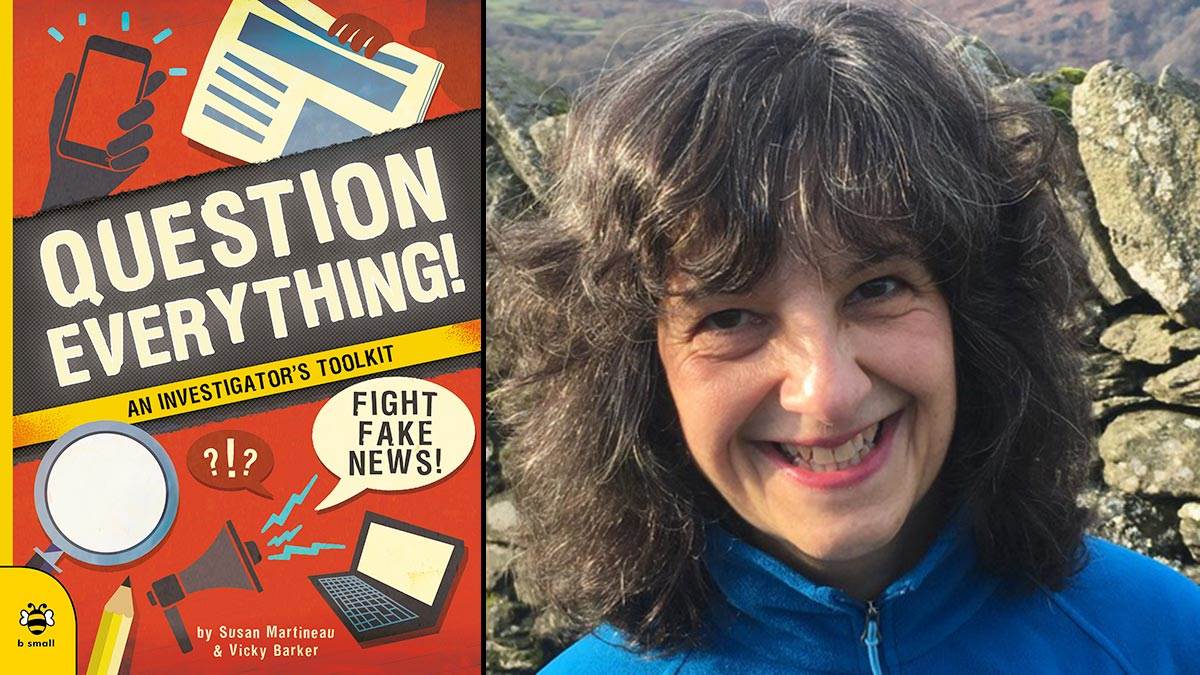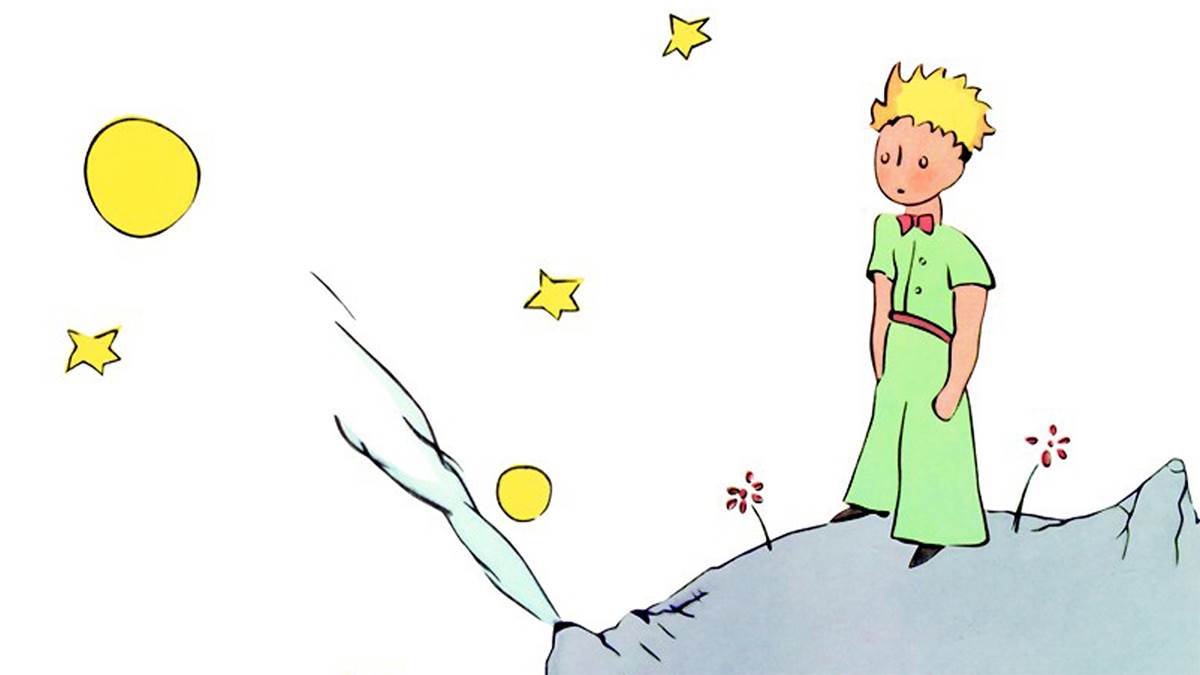Question Everything: 7 top tips to help your children spot fake news
Published on: 13 August 2020 Author: Susan Martineau
Susan Martineau's new book Question Everything is all about encouraging children to think for themselves! Here, she shares some top tips to help you and your family spot fake news...

Finding out the true facts behind all the news, information and messages that we read and see every day has never been more important. It's hard enough for adults to untangle the truth from it all, so how can we help our children to decipher what they are reading in the news, fake or otherwise?
Children are brilliantly curious and often ask the most incredible questions that help us to find out new things, too. Sometimes they will also amaze you with their resilience in talking straightforwardly about something scary.
But this does not mean we can just let them loose in this world of constant news bombardment without a fact-detecting toolkit. What skills do they need to learn and practise to become resourceful and independent readers and thinkers?
These are the essential critical literacy skills that I use every day in my research and writing: reading, looking, asking questions, listening, checking facts and, most importantly, thinking for yourself.
If we arm our children with this toolkit of skills, they can become fearless investigators ready to take on the challenge of the information jungle out there.
We can help them practise these skills, too. Here are some easy ways to get started:
- Find a news story to read together. Then talk about the emotions you both felt when you read this news. Listen to each other and look at the words in the report that perhaps made you each feel the way you did. Ask your child why they think the person sharing the news has used those words.
- Practise spotting fake news by helping your child to find the answers to these questions: Who is writing it? Why are they writing it? When did they write it? Is the writer is pretending to be an authority on the subject when they are not? Is it old news being rehashed?
- Look stuff up! Show your child how to find accurate information and facts online or in books. Explain how to use surgically clear search terms, find reliable websites and cross-check sources. Many children might be very adept on social media, but their research skills may need sharpening!
- Challenge your child to see the other side of an argument or opinion. We all bring our own confirmation bias to what we see or read. Explain that it may sometimes be uncomfortable to find the truth because it does not fit in with our own assumptions or beliefs.
- Focus on good news. We cannot change the news, but we can choose the way we react to it. When bad events or disasters are reported, talk to your child about the good things, too. You could ask them to research the kinds of expert rescuers or workers who are helping people or trying to make sure this never happens again. This may help to reassure them.
- Inspire thinking for yourself! Talk to your child about the people or influencers they may be following online. Ask them to list three things they like and three they don't like about them. Encourage them to consider why they are followers. Are they just following someone because everyone else is?
- Boost confidence in their investigator skills. There is so much wonderful and fascinating information to learn about the world out there. You could send them on a 'treasure hunt' to find out as much as they can about a favourite animal, person or event. They might need to interview family members and friends, research and check facts and write up their findings.
I hope some of these tips and ideas will help you as you guide the young readers in your life to be able to learn about their amazing world, understand their importance in it and, especially, to think for themselves. Finally, the more they read, fiction and non-fiction, the more they will flex their critical-thinking muscles.
Stories that help you see the world differently

Here are some of the fiction titles I've loved over the years, because they make you think about how you see the world.
- The Little Prince by Antoine de Saint-Exupéry: The Universe-travelling prince explores life and human nature and, along the way, shows us the importance of looking beneath outward appearances.
- The Breadwinner by Deborah Ellis: A young girl must pretend to be a boy in order to save her family under Taliban rule in Afghanistan, but there is hope amidst despair.
- The Goldfish Boy by Lisa Thompson: A wonderful whodunnit with the main character confined to his bedroom by his OCD. A great story that also celebrates friendship despite differences.
- Ruby's Worry by Tom Percival: A beautiful picture book aimed at younger readers. But who hasn't had a worry, and who doesn't love picture books?
- Flour Babies by Anne Fine: What happens when a group of schoolboys find out just how hard it is to look after a baby, round the clock. This also cleverly explores the absence of a parent in one boy's life.
Information books are, of course, a great way to explore the world, too. You might like to have a look at my own book, Real-Life Mysteries, which encourages readers to make up their own minds about what might be behind some strange and spooky happenings.
Susan Martineau is a Blue Peter Book Award-winning author for Real-Life Mysteries and her latest book, Question Everything!, will be published by b small publishing in August 2020.
Topics: Non-fiction, Personal/social issues, Features
